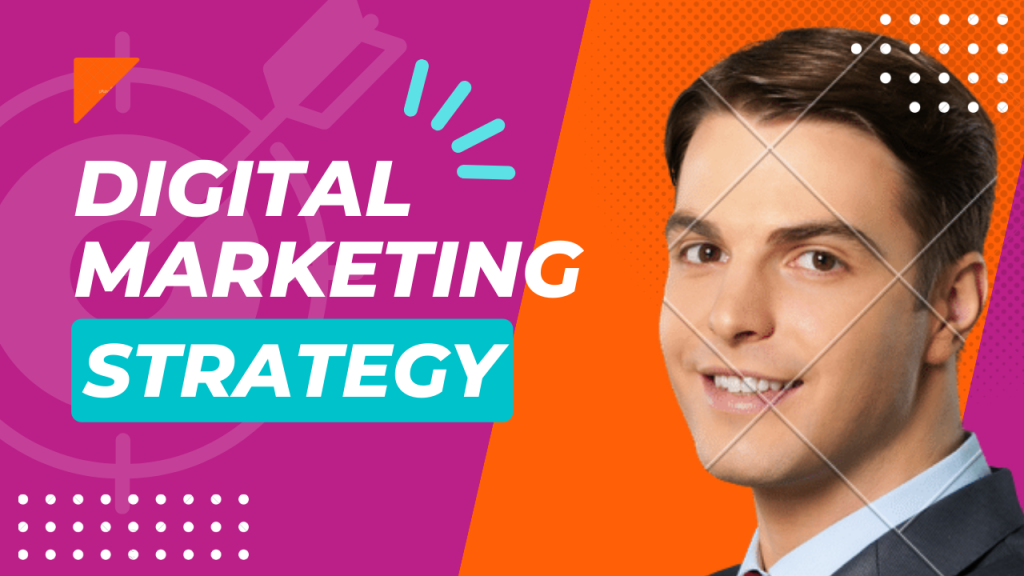Event Email
What is Event Email.

Event Email in the Context of Digital Marketing and Event Promotion
Introduction:
Event email marketing plays a crucial role in promoting and driving attendance for events, whether they are conferences, webinars, workshops, trade shows, or other types of gatherings. In today’s digital age, email remains a powerful and effective tool for reaching a targeted audience, delivering relevant event information, generating excitement, and encouraging recipients to take action. This article will delve into the intricacies of event email marketing, exploring its benefits, key elements, best practices, and strategies to create compelling event emails that maximize attendance and engagement.
I. The Importance of Event Email Marketing:
1.1 Benefits of Event Email Marketing:
– Reach: Email allows event organizers to directly communicate with a targeted audience, ensuring that the event message reaches individuals who have expressed interest or are relevant to the event’s theme or industry.
– Personalization: Event emails can be tailored to recipients based on their preferences, demographics, or past engagement, allowing for a more personalized and targeted communication approach.
– Cost-Effectiveness: Compared to other marketing channels, email marketing is relatively affordable, making it an ideal choice for event promotion, especially for organizations with limited marketing budgets.
– Measurability and Analytics: Email marketing platforms provide valuable metrics and analytics, enabling event organizers to track open rates, click-through rates, conversions, and other engagement metrics to assess the effectiveness of their campaigns and make data-driven improvements.
1.2 The Role of Event Emails in the Customer Journey:
– Awareness: Event emails serve as a tool to raise awareness about upcoming events, introduce the event’s key features and benefits, and create a sense of anticipation among recipients.
– Consideration: Event emails can provide more detailed information about the event, such as speakers, agenda, topics, or activities, to help recipients evaluate the event’s value and determine if it aligns with their interests or needs.
– Registration and Conversion: Event emails include compelling calls-to-action that encourage recipients to register or purchase tickets, leading them to the event’s landing page or registration platform to complete the conversion process.
– Engagement and Relationship Building: Throughout the event lifecycle, event emails nurture the relationship with attendees by providing updates, reminders, pre-event content, networking opportunities, or post-event follow-ups, fostering engagement and loyalty.
II. Key Elements of an Effective Event Email:
2.1 Subject Line and Preheader Text:
– Subject Line: The subject line is the first impression recipients have of the email. It should be attention-grabbing, concise, and clearly communicate the event’s value or highlight an intriguing aspect to entice recipients to open the email.
– Preheader Text: The preheader text is a short preview displayed alongside the subject line in email clients. Utilize this space to provide additional context, create curiosity, or convey urgency to encourage recipients to engage further with the email.
2.2 Compelling Email Design and Layout:
– Visual Appeal: Design the email with an attractive layout, appealing color schemes, and high-quality images that reflect the event’s theme or brand identity. Ensure the design is consistent with the event’s landing page or website to provide a seamless user experience.
– Clear Hierarchy and Scannable Content: Structure the email with clear headings, subheadings, bullet points, and concise paragraphs to make the content scannable. Highlight key event information such as date, time, location, speakers, and benefits to grab attention quickly.
– Responsive Design: Optimize the email for different devices and screen sizes to ensure a seamless viewing experience for recipients on desktops, tablets, or smartphones. Test the email across multiple devices and email clients to verify its responsiveness.
2.3 Compelling Event Messaging and Content:
– Event Value Proposition: Clearly articulate the unique selling points and benefits of the event. Explain why recipients should attend, emphasizing the educational content, networking opportunities, expert speakers, or exclusive access to resources or deals.
– Personalization and Segmentation: Utilize recipient data to personalize the email content, addressing recipients by name and tailoring the messaging to their interests or past engagement. Segment the email list based on relevant criteria, such as geographic location or past event attendance, to provide more targeted and relevant content.
– Call-to-Action (CTA): Include a prominent and actionable CTA that directs recipients to the event’s landing page or registration platform. Use clear and compelling language, such as “Register Now,” “Get Your Tickets,” or “Save Your Spot.”
III. Best Practices for Event Email Marketing:
3.1 Build a Quality Email List:
– Permission-Based Opt-Ins: Ensure recipients have provided explicit consent to receive event-related emails by implementing opt-in mechanisms during event registration, website sign-ups, or other relevant touchpoints.
– Segmentation and Personalization: Segment the email list based on recipient characteristics or preferences to deliver more targeted and relevant event emails. Leverage personalization to create a more tailored and engaging experience.
3.2 Timing and Frequency:
– Timely Email Sequence: Plan a series of event emails strategically, starting with pre-event teasers, followed by registration reminders, agenda highlights, speaker announcements, and post-event follow-ups.
– Consider Time Zones: When promoting events with a global audience, account for different time zones to ensure that recipients receive event-related emails at appropriate times.
3.3 Mobile Optimization:
– Mobile-Friendly Design: Optimize event emails for mobile devices, as a significant portion of recipients may access emails on smartphones or tablets. Ensure the email is easy to read, buttons are clickable, and the layout is responsive on smaller screens.
3.4 A/B Testing and Optimization:
– Subject Lines and CTAs: Conduct A/B tests to compare different subject lines and CTAs to determine which versions drive higher open rates, click-through rates, and conversions. Optimize email elements based on the results.
IV. Strategies for Event Email Success:
4.1 Segmented Email Campaigns:
– Attendee Segmentation: Segment email campaigns based on attendees’ status, such as registered, confirmed, or previous event attendees, to deliver tailored messages and relevant updates.
– Abandoned Registration Reminders: Send targeted emails to recipients who have started but not completed the registration process to encourage them to return and complete the registration.
4.2 Personalized Content and Recommendations:
– Tailored Recommendations: Analyze recipient data, such as past event attendance or session preferences, to provide personalized event recommendations or session suggestions that align with recipients’ interests.
– Post-Event Content: Share post-event content, such as session recordings, slides, or exclusive resources, with attendees to provide value beyond the event itself and maintain engagement.
4.3 Social Proof and Influencer Marketing:
– Testimonials and Social Media Mentions: Include testimonials or social media mentions from previous event attendees or influencers to build credibility and create a sense of community around the event.
Conclusion:
Event email marketing is a powerful and effective strategy to promote and drive attendance for events. By leveraging compelling design, personalized content, strategic timing, and best practices, event organizers can create engaging and impactful email campaigns that generate excitement, boost registrations, and nurture attendee engagement throughout the event journey. Embrace the potential of event email marketing to maximize the success of your next event and create memorable experiences for your attendees.
Post Categories
Outline Project
Digital Marketing
Social Media Marketing
Website designing
Collaboration
Collaboration tips
Digital Marketing company
Email Marketing
PPC Marketing
SEO Services
Digital Marketing Delhi
SEO Marketing in delhi
Visual Identity in Delhi
Website Designing in Delhi
Publishing Design
Outdoor
Object & Volume
SEO & SMO
Visual Identity

